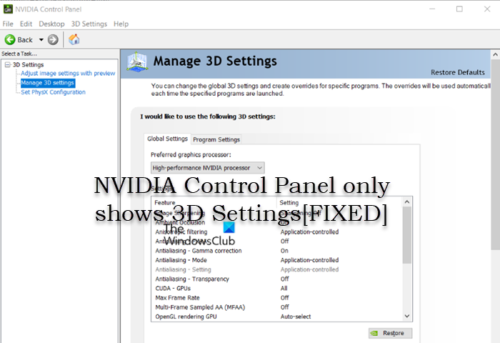
Certain taxes, but not federal income taxĪnother potentially large expense mechanics may incur is depreciation.The IRS defines these expenses as ones that are common to your profession and help you accomplish your work-related tasks.Ĭommon expenses mechanics may incur in their businesses include: All expenses should be legitimate expenses that are both "ordinary and necessary" in your trade as a mechanic.


Self-employed mechanics can take advantage of many deductions to help lower the tax they'll owe. Deductions self-employed mechanics can take Once you've completed Schedule C, the information is then used in other areas of your personal tax return. You will also have to provide information about your vehicle if you claim car or truck expenses. Employer Identification Number (if you have previously applied for one).Business name (which may simply be your name if you're self-employed).You will need to fill out some basic information about your business, such as your: Filing your taxes with Schedule Cįiling your taxes as a self-employed individual is fairly straightforward using Schedule C. You'll know you're self-employed if you don't receive a paycheck from a company and you file your business taxes on Schedule C of your Form 1040 tax return each year. However, many mechanics operate as self-employed individuals. These business structures require filing separate tax returns.

In some cases, mechanics may choose to form a business, such as a: You'll know you're an employee if you filled out a Form W-4 when you got hired and receive a W-2 at the beginning of each year. Many mechanics that work for garages or businesses are employees. You first need to know your tax status as a mechanic before you consider deducting tools and other expenses. First, you need to know what's available to you based on your employee status or business structure. If you're a mechanic - whether you work on cars, small engines, diesel engines, boats, or even aircraft - you may benefit from some key deductions and credits come tax time.


 0 kommentar(er)
0 kommentar(er)
